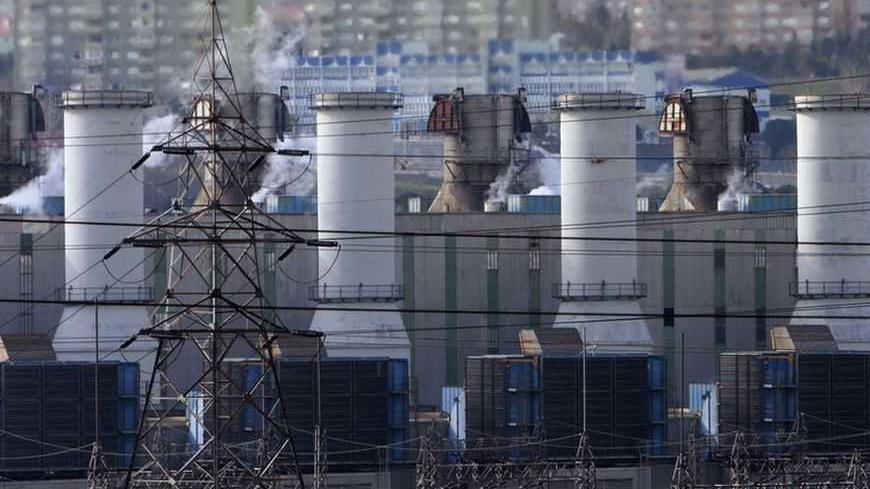Surrounded by 70% of the world’s oil and natural gas reserves, Turkey is almost completely dependent on imports to meet its needs for hydrocarbon energy. Despite this hard reality, Turkey’s Minister of Energy Taner Yildiz said, “We aim to have a Turkey in 2023 that won’t import oil or natural gas," and, "We will also continue our work turning Turkey into an energy hub.”
Although Turkey has the best geographic position in this region to be the major European gas hub, Ankara’s unintelligible policies toward the Middle East are now undermining this objective. While Prime Minister Recep Tayyip Erdogan has mobilized the masses to his side by using the traditional animosity toward Israel, and Ahmet Davutoglu, his foreign minister, took the stage with a policy of “zero problems with neighbors,” Turkey’s gain out of this approach seems insignificant. To the contrary, Turkey now has problems with all of its neighbors — including the two oil and natural gas giants of the region, Iran and Iraq, both sharing long borders with Turkey. Its relations with Israel, Greece and the Greek Cypriots are also troublesome — to say the least.
As Al-Monitor Turkey Pulse has reported here, and here, the discovery of hydrocarbon reserves in the Eastern Mediterranean basin not only caught the Turkish leadership unprepared, it also revealed the shortsightedness of their approach of designating Israel as an enemy. When Turkey and Israel engaged in dialogue on building an “infrastructure corridor” linking port cities of these two countries, which would have included five separate underwater pipelines for oil, natural gas, electricity, water and communications, they were also seeking to cement a strategic partnership. While anyone who can repair the personal and political rupture between Prime Minister Erdogan and the Israeli leadership will deserve the Nobel Peace Prize, the fact is that the loss of Turkey as a partner isn't really all that damaging for Israel.



